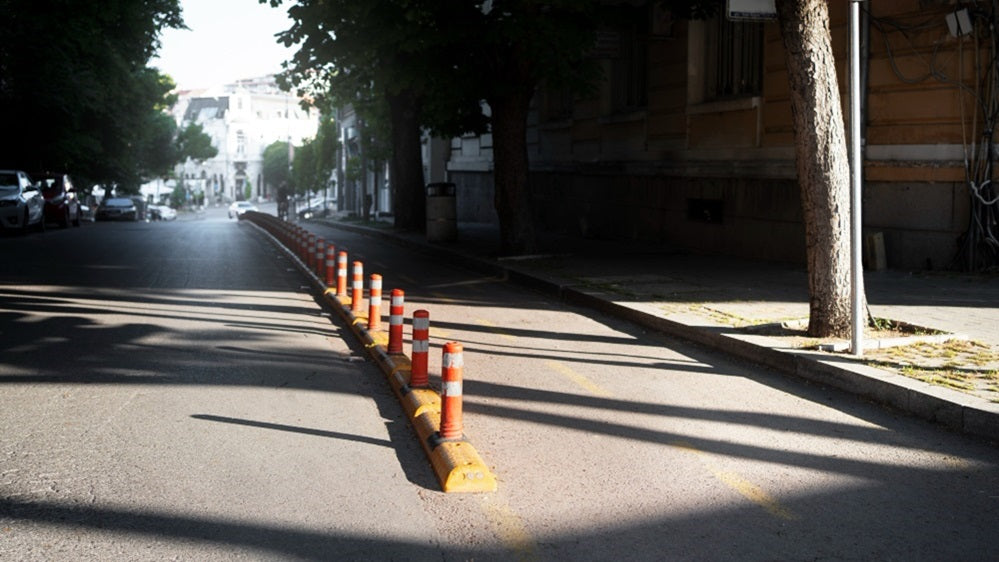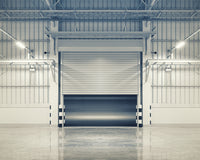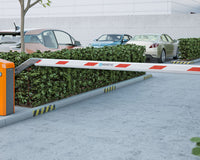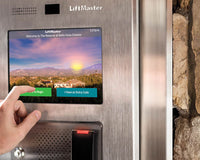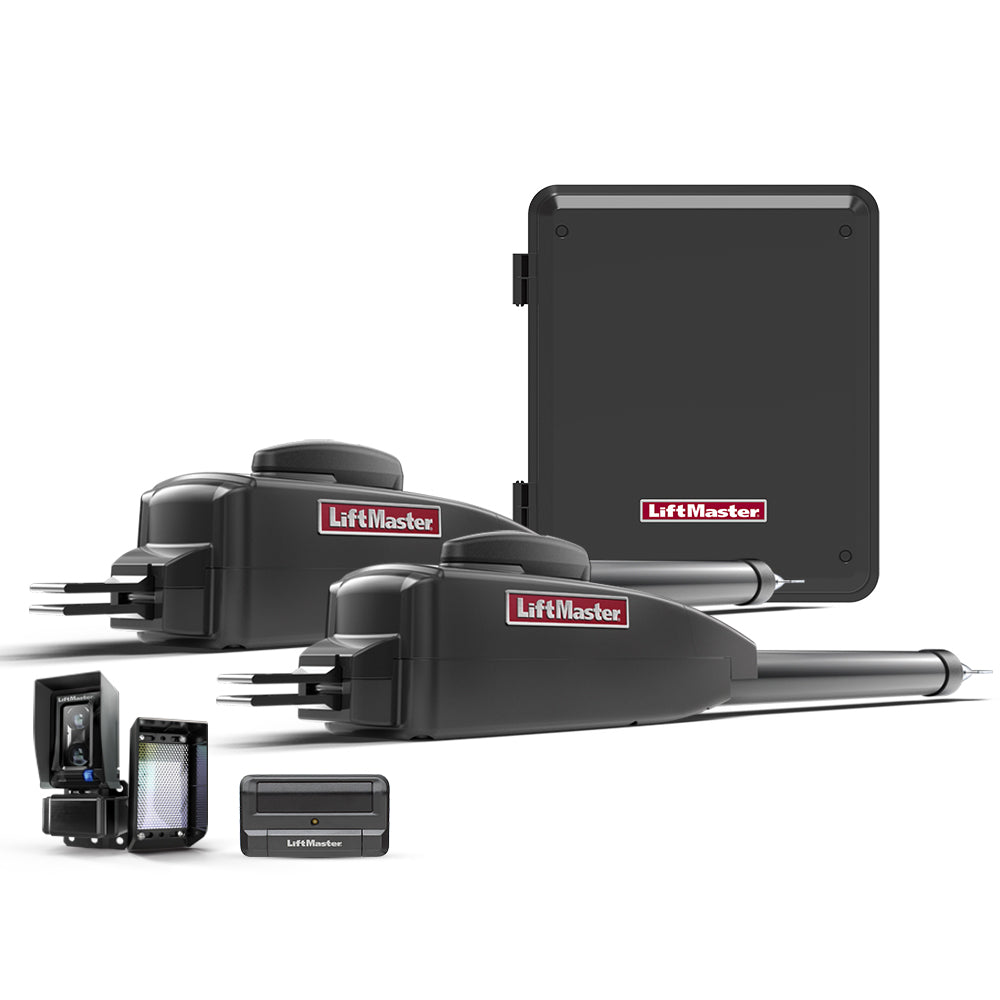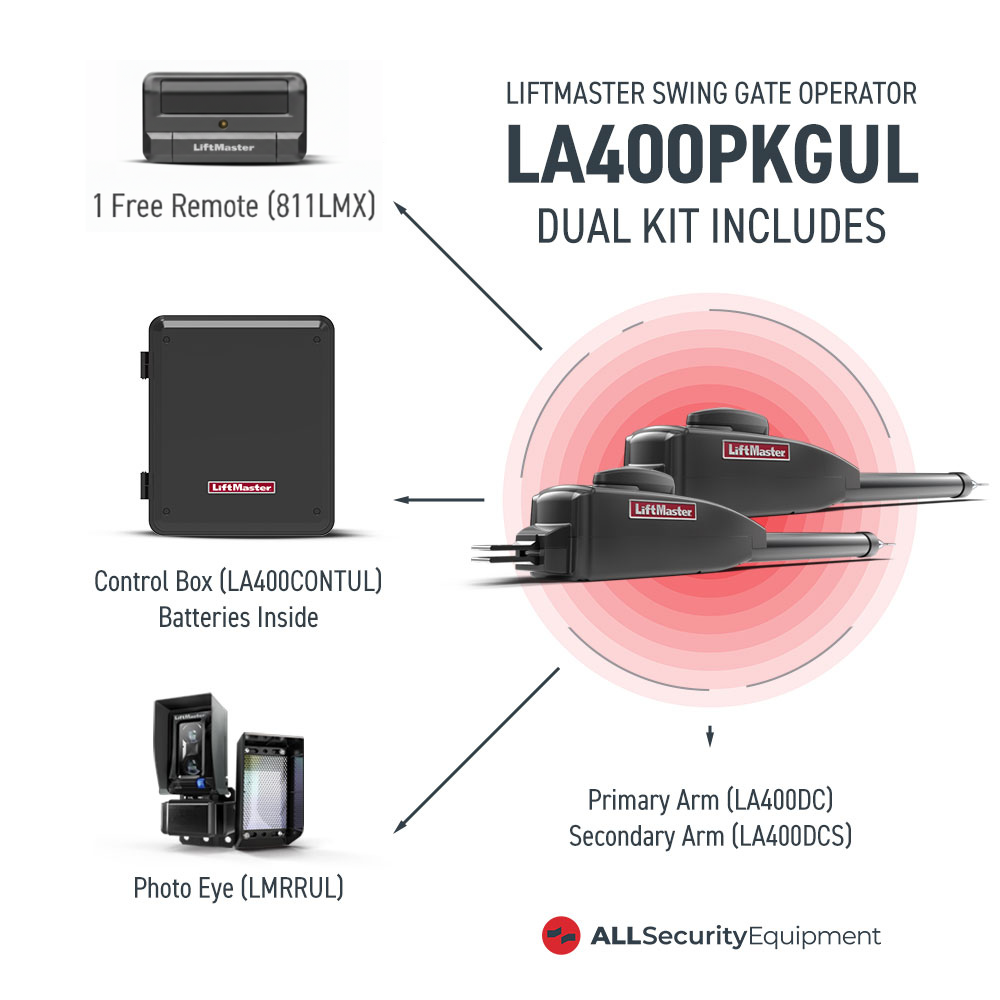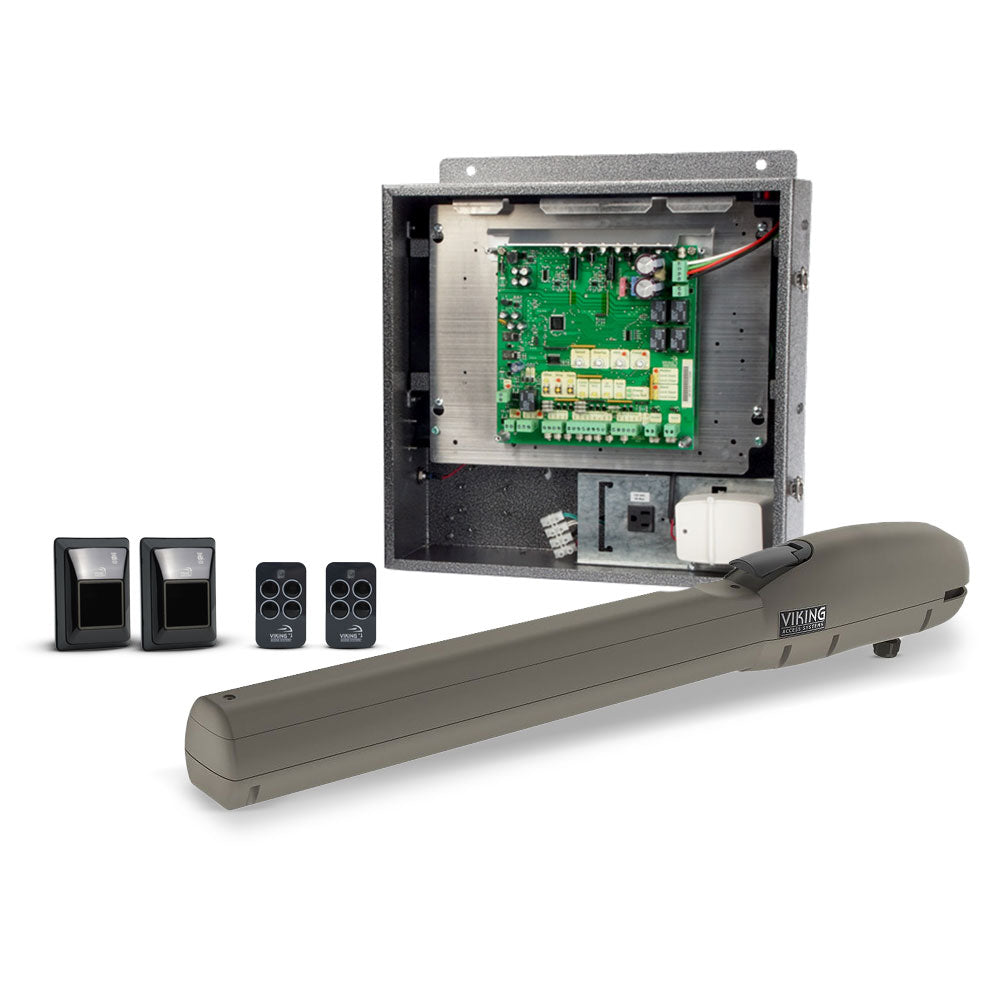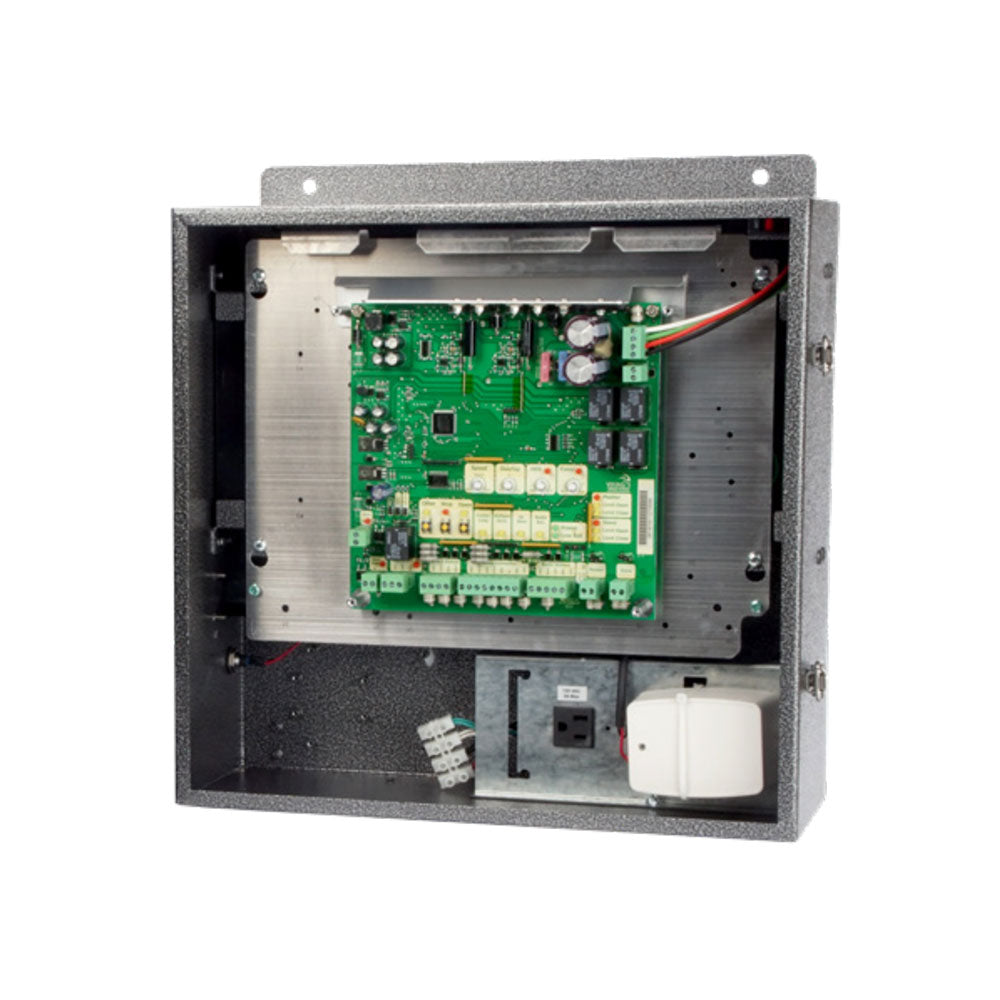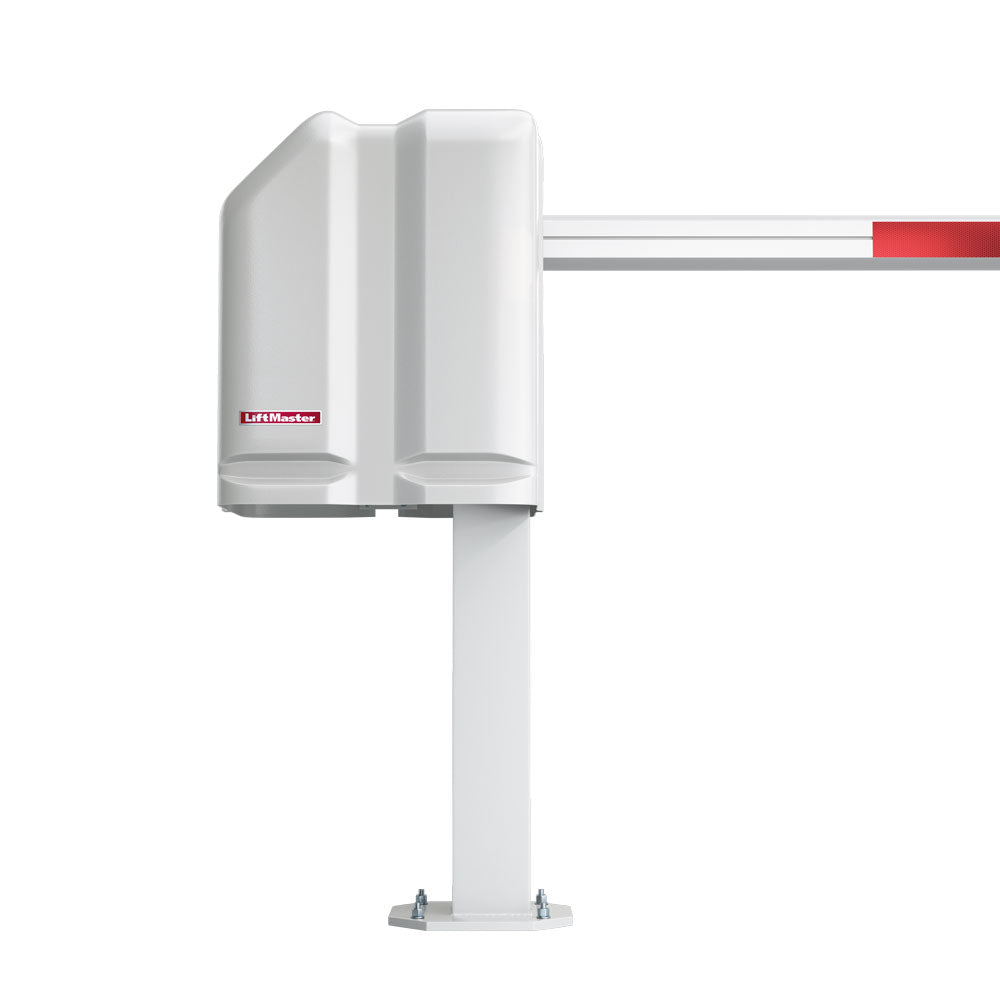Vehicles colliding with pedestrians and buildings, or even traffic from opposing lanes, are not uncommon. However, these accidents can be minimized with the installation of vehicle crash barriers. These barriers prevent impact and are necessary for traffic safety.
Installing crash-rated barriers – whether temporary or permanent – should not be taken lightly. They should be part of road safety to ensure the protection of the general public. You can get reliable crash barriers at All Security Equipment.
How Do Crash Barriers Work?
Most crash barriers are made from metal. Steel crash barriers have flexible internal structures, which are vital for safety upon impact. When a vehicle crashes into a barrier, it flexes and absorbs the energy of the strike, making it less dangerous for the passengers inside the vehicle. However, depending on the strength of impact, vehicle damage and injuries (or fatalities) can still happen.
Crash barriers further soften vehicle impact, preventing the car from rebounding into traffic and ramming into other moving vehicles. Crash barriers are designed to guide the vehicle to a safer stop without resulting in more damage than necessary to itself and others.
Concrete barriers can also be seen lining the roadside, especially along bridges, ditches, and cliffs. These barriers prevent vehicles from dropping, and even if they do fall in some instances, it won’t be as fatal as an unprotected drop. These barriers are there to warn drivers to keep to their lane and slow down when needed.
Types of Crash Barriers
There are many types of crash barriers you can find along roads, buildings, and busy pathways. They are also employed on highways to keep fast-moving vehicles safe and protected.
These road safety solutions are categorized into the following:
Permanent Crash Barriers
Also known as passive crash barriers, permanent crash barriers are durable barriers that cannot be moved around. They stay on site 24/7 to ensure road safety and protection, especially against errant vehicles.
These permanent crash barriers can be flexible, semi-rigid, or rigid barriers. They provide unyielding protection and offer a more permanent solution to ensuring vehicle safety.
Permanent crash barriers also come in the form of fixed safety bollards installed in high-security areas. These bollards are installed primarily for enhanced security, preventing unwanted vehicles from crashing into the vicinity. These are also found in front of stores and pathways to prevent cars from crashing into them.
Security fences and ballistic walls are also some permanent crash barriers utilized in high-level security areas such as government facilities. These permanent crash barriers are fixed, immovable, and do not need to be operated manually or automatically.
Active Vehicle Barriers
When using active vehicle barriers, manual or automatic interventions are necessary. They are either manually placed to protect the vicinity or automatically programmed to operate when necessary.
Active vehicle safety barriers include wedge barriers, beam barriers, rising beams, anti-ram drop arm barriers, bollards, and mobile and portable barriers.
Mobile barriers are portable, so that you can bring them anywhere. These are the barriers you mostly see on construction sites and other areas needing temporary traffic control.
Pros and Cons of Each Crash Barrier Type
Understanding how each type works lets you decide on the best one to use. Since not all barriers offer the same functionality, you must choose wisely to provide the best perimeter security.
Permanent Crash Barriers
Permanent crash barriers, as the name suggests, are there permanently. With permanent installations come the following advantages and disadvantages:
Pros
- Long-lasting protection
- Durable materials used
- Best for high-security sites
- Prevents terrorist and criminal attacks
- Reduce vehicle speed
- No need to be manually operated
- Permanent installation
Cons
- Lots of labor hours when installed
- Usually heavy and bulky
- Can be dangerous for high-impact crashes
Mobile Crash Barriers
When temporary solutions are needed, mobile crash barriers are the best choice to secure road safety and protection against traffic and crashes.
Pros
- Easy installation
- Cost-effective
- Portable and movable
- Versatile
- Taken down easily
- Can be stored and reused
- Mostly customizable
Cons
- Not suitable for very heavy traffic areas
- Requires manpower to install/operate
- May offer limited protection
Choosing Crash-Rated Barriers Wisely
Crash-rated barriers protect both traffic and pedestrians from vehicle impact. They are also used in high-security areas to prevent terrorist and criminal attacks. Choosing the right barrier for your property – whether residential, commercial, or industrial – should not be taken lightly.
After you decide between a mobile or permanent installation, the next thing you should factor in is the crash rating. The crash rating is a critical consideration for barriers. Make sure that the barrier you have passed a reliable crash test so that it can keep you safe and protected.
Barriers should undergo independent testing and rating designations. The rating scores determine how strong they are in stopping an impact, as well as the estimated penetration after impact.
Look for the following crash barrier ratings and certifications:
US State Department Ratings
- K4: for a 15,000 lbs vehicle running at 30 mph
- K8: for a 15,000 lbs vehicle running at 40 mph
- K12: for a 15,000 lbs vehicle running at 50 mph
ASTM Ratings
ASTM speed ratings are categorized as small passenger cars (SC), full-size sedans (FS), pickup trucks (PU), standard and medium-duty trucks (M), class 7 cab over (C7) and heavy vehicles (H). The penetration ratings are as follows:
- P1: < 3.3 ft
- P2: 3.31 to 23 ft
- P3: 23.1 to 98.4 ft
Crashing vehicles are dangerous. So, choose barriers that you can trust. Check our wide range of crash barriers at All Security Equipment. If you need more assistance, feel free to contact us.

